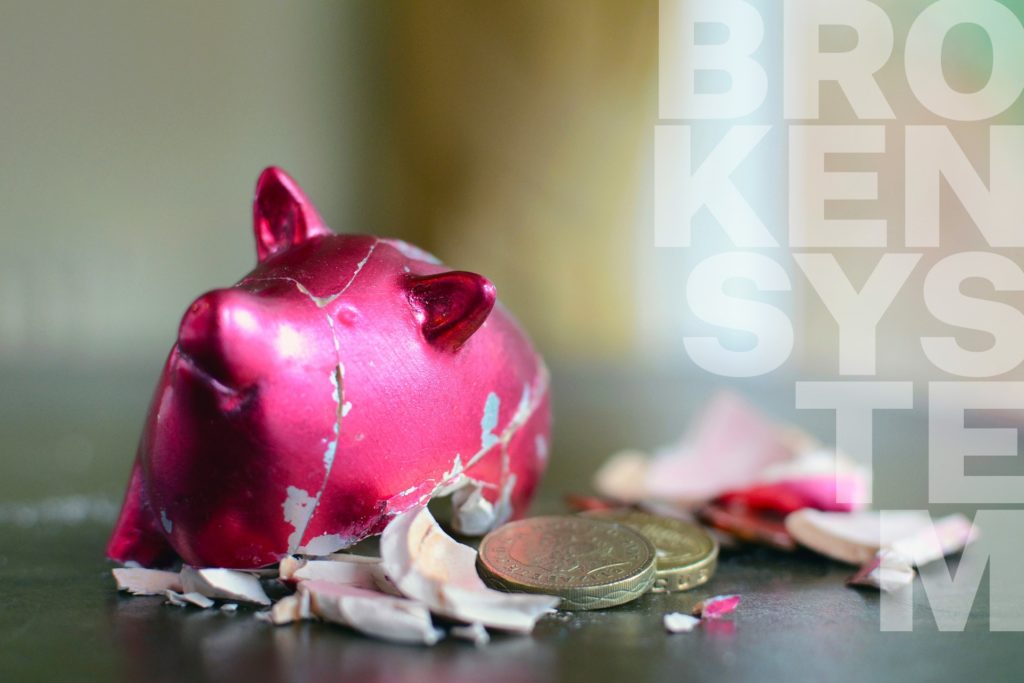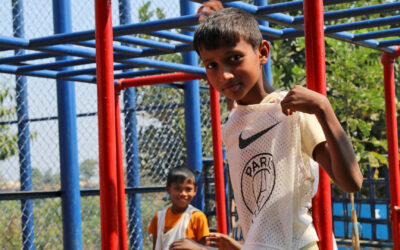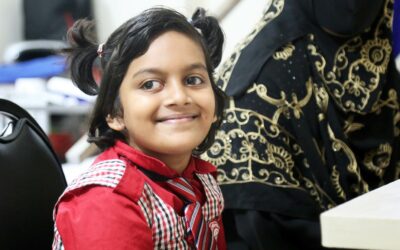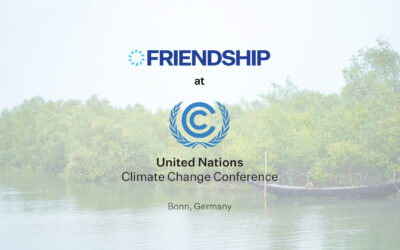NGOs from a number of countries have called for a major reform in the financing of international humanitarian aid

FRIENDSHIP INTERNATIONAL
January 31, 2022
The following is an English translation of an opinion signed by an international collective of development organisations originally published in French in Alternatives Economiques.
The Global Humanitarian Outlook (GHO) 2022 recently published by the United Nations Office for the Coordination of Humanitarian Affairs (OCHA) has revealed the worrying and steady rise in the number of people in need of emergency assistance. This report highlights a further increase in funding needs, notoriously insufficient for several years. It estimates that 183 million people are in need of priority assistance in the coming year. The Office of the High Commissioner for Refugees (UNHCR) now estimates that there are over 80 million uprooted people, more than 30 million of whom have sought refuge by crossing the borders of their home countries. OCHA estimates that 41 billion dollars are needed, excluding new emergencies, to deal with the situation.
This theme naturally lies at the heart of the agenda of the European Humanitarian Conference, initially scheduled for January 2022 and postponed sine die due to the new outbreak of the pandemic.
The current economic model for humanitarian aid no longer meets the needs identified, as it does not raise the necessary funds, creates the conditions for the politicisation of aid and raises questions about the security of relief teams. It is time to rebuild the system.
Government Funding Deficit
The existing model relies for three quarters on the voluntary contribution of a limited number of states and for one quarter on the generosity of private donors (mainly in the form of individual donations collected by NGOs). However, over the last ten years, the UN’s coordinated appeals have consistently revealed a shortfall in government funding of around 40% of the expected amount. This gap has worsened with the Covid 19 epidemic: by 2021, more than 50% of the $37.7 billion estimated by the Office for the Coordination of Humanitarian Affairs (OCHA) – to assist a target population of 174 million people in need of aid – will be missing. The global community of states is unable to raise a sum equivalent to two-thirds of the turnover of a private company like Nestlé each year!
This lack of government funding puts humanitarian organisations at risk of operational disruption In order to make up the shortfall, international NGOs are forced to seek out more and more individual donors, sometimes taking the risky route of compassionate marketing.
The COVID-19 epidemic and its consequences on the economies of today’s donor states particularly highlight the limits of the model as it exists. OECD countries, focused on strengthening their economies, are tempted to reduce their contribution to international humanitarian aid. If the reduction in public funds were to be accompanied by a ‘drop-out’ of private funds raised by NGOs, the overall financial structure would be dramatically affected.
Politicisation of the humanitarian action
Funding sources are being concentrated in a small number of Western countries, 83% of which direct their donations to crises to which they decide to give priority. This situation poses a risk of politicisation of the humanitarian action.
The near-monopoly of NGOs from Western Europe and North America as aid providers reinforces this view. The 2016 World Humanitarian Summit in Istanbul recommended giving more resources (up to 20% of the overall budget) to local actors: these will have barely exceeded 3% in 2020, even though the transport paralysis linked to the COVID-19 will have shown the imperative need to share relief interventions with local actors.
In the eyes of local actors, this concentration of donors and actors gives rise to the feeling that humanitarian organisations are “soft power” tools of donor states. This is reinforced when the regimes in place in conflict zones are politically supported by the same countries that fund aid.
A Shrinking Humanitarian Space
This politicisation of humanitarian action, combined with increasing pressure from public donors to screen beneficiaries, leads to a reduction in the humanitarian space, i. e. all the people and territories affected by crises which require vital aid.
The multiple controls introduced by donors subject humanitarian NGOs to Kafkaesque administrative procedures. It can jeopardise the founding principles of neutrality and independence as conceptualised by the International Committee of the Red Cross. The insistence of certain donors that they be given lists of beneficiaries raises ethical questions, since it is contrary to the code of ethics of health care providers.
These positions of the donors lead to the risk of violent actions against the NGOs being transferred to them.
Rebuilding the economic model of international aid
A compulsory contribution from high-income states and the richest individuals would address the limitations of the prevailing system.
The World Bank defines about 100 countries as ‘high income’. A contribution of 0.03% of Gross National Income (GNI) from each of these countries would raise the entire amount currently needed to respond to international humanitarian crises.
The introduction of a mandatory contribution system for the highest income countries would make it possible to increase the annual financial envelope available to the various humanitarian actors. The arrangements governing distribution of funds collected in this way should then be entrusted to an independent body, particularly with regard to the members of the Security Council, in order to protect humanitarian action from any desire to manipulate and/or politicise the selection of eligible countries and crises. In this area, as in others, there is a need to reinvent a global multilateralism that is distinct from the power relations that prevail within the Security Council.
While extreme poverty and underdevelopment are the breeding ground for the world’s main humanitarian crises, Official Development Assistance (ODA) also suffers from a clear lack of financial resources. It currently represents less than 0.2% of global GDP. A universal tax of 2% on fortunes over 10 million euros would raise 1% of the world’s Gross Domestic Product (GDP).
Addressing poverty and ill-development is a key strategy for preventing and mitigating crises. This measure, which concerns the taxation of the richest individuals, would make it possible to multiply the volume of development aid by five, thus avoiding the tipping of entire populations into situations that threaten their immediate survival and, in the short term, international stability and global peace.
More generally, it is urgent that the debates on the reform of international taxation, like those that took place in 2021 on the taxation of multinationals, finally take into account the right to development of poor countries. In the projects currently under discussion, the sums received by these countries only account for a very small fraction of the new revenue, which the richest countries have more or less contented themselves with sharing among themselves. For it is in these countries that the tax revenues are paid.
The major consequences of the effects of climate change on agricultural production and on the displacement of populations reinforce the need for a profound reform of the economic model of international aid. Many humanitarian crises are the direct or indirect consequence of environmental degradation.
Signatories:
Action Against Hunger – India, Ashwini Kakkar, Chairman
AMEL – Liban, Kamel Mohanna, Chairman
Dunya Doktorlari Derneği – Turquie, Hakan Bilgin, Chairman
ENDA GRAF Sahel, Emmanuel Seyni Ndione, Chairman
LEAD Afrique Francophone, Moussa Mbaye Gueye, CEO
Friendship – Bangladesh, Runa Khan, Founder
MESAD – Côte d’Ivoire, Konan Kouassi, Chairman
SADEVE – Mali, Mme khadidjatou Toure, Program Coordinator
Service OEcuménique d’Entraide – Haïti, Daniel Henrys, General Coordinator
Water For People – India, Balveer Arora, Chairman



